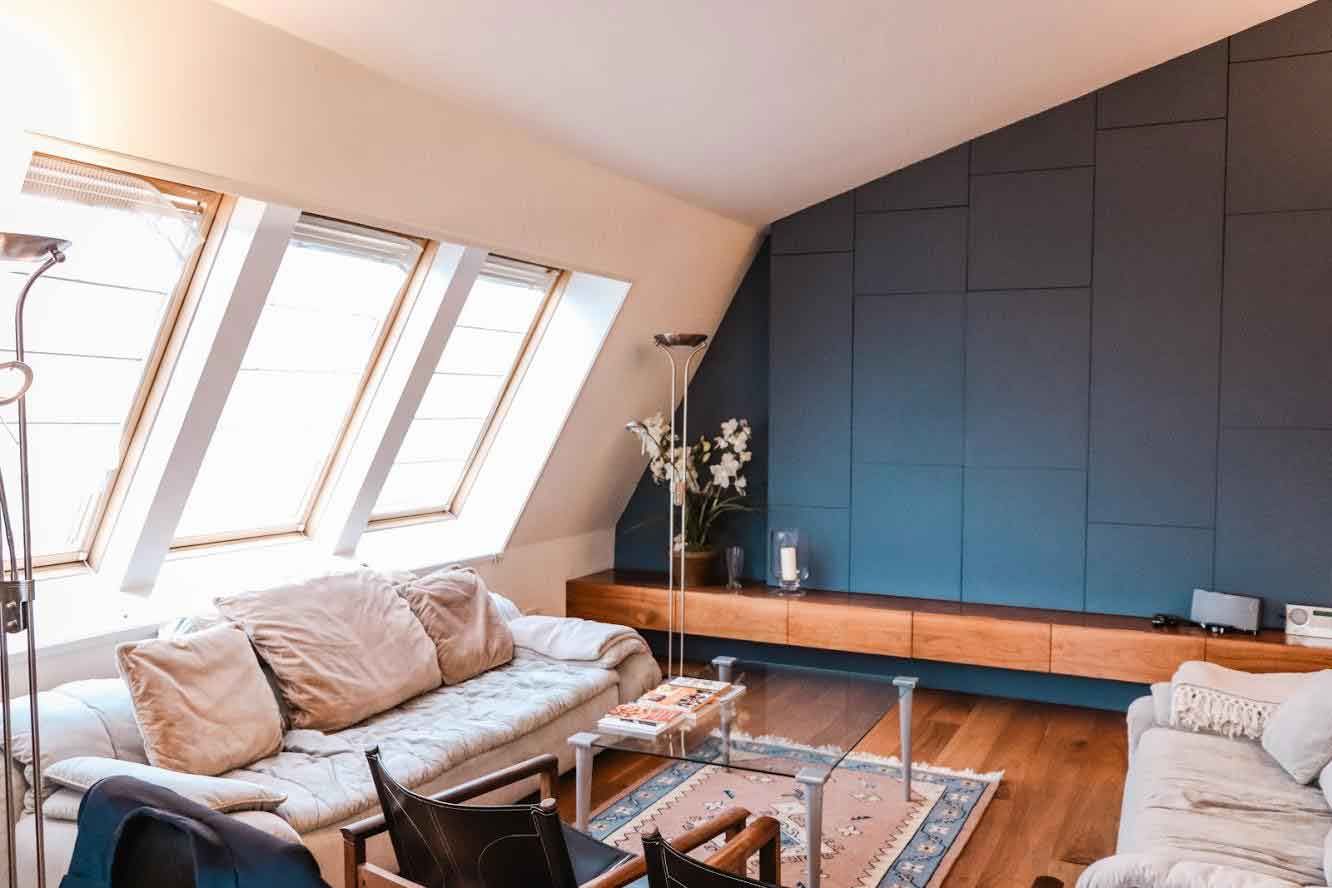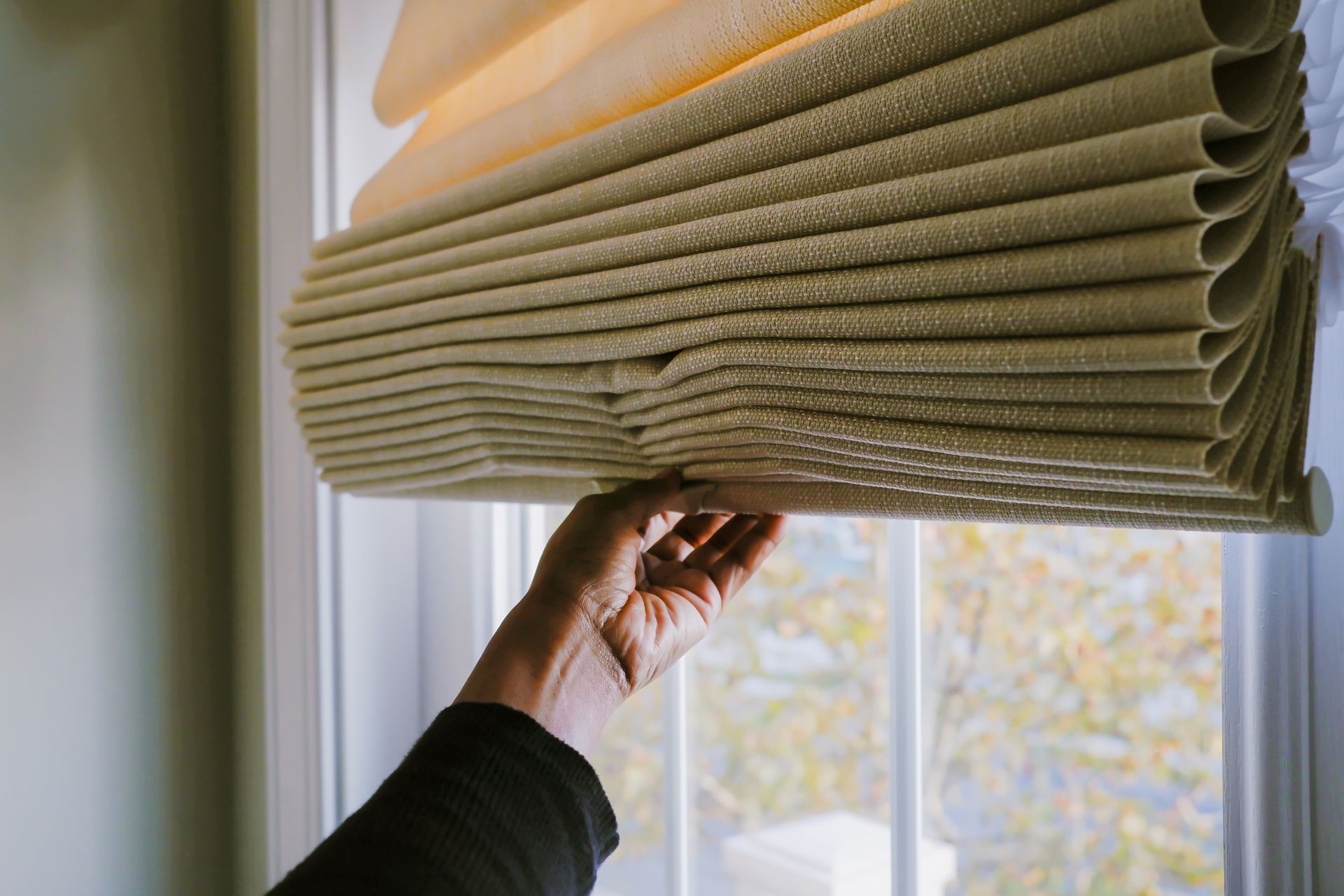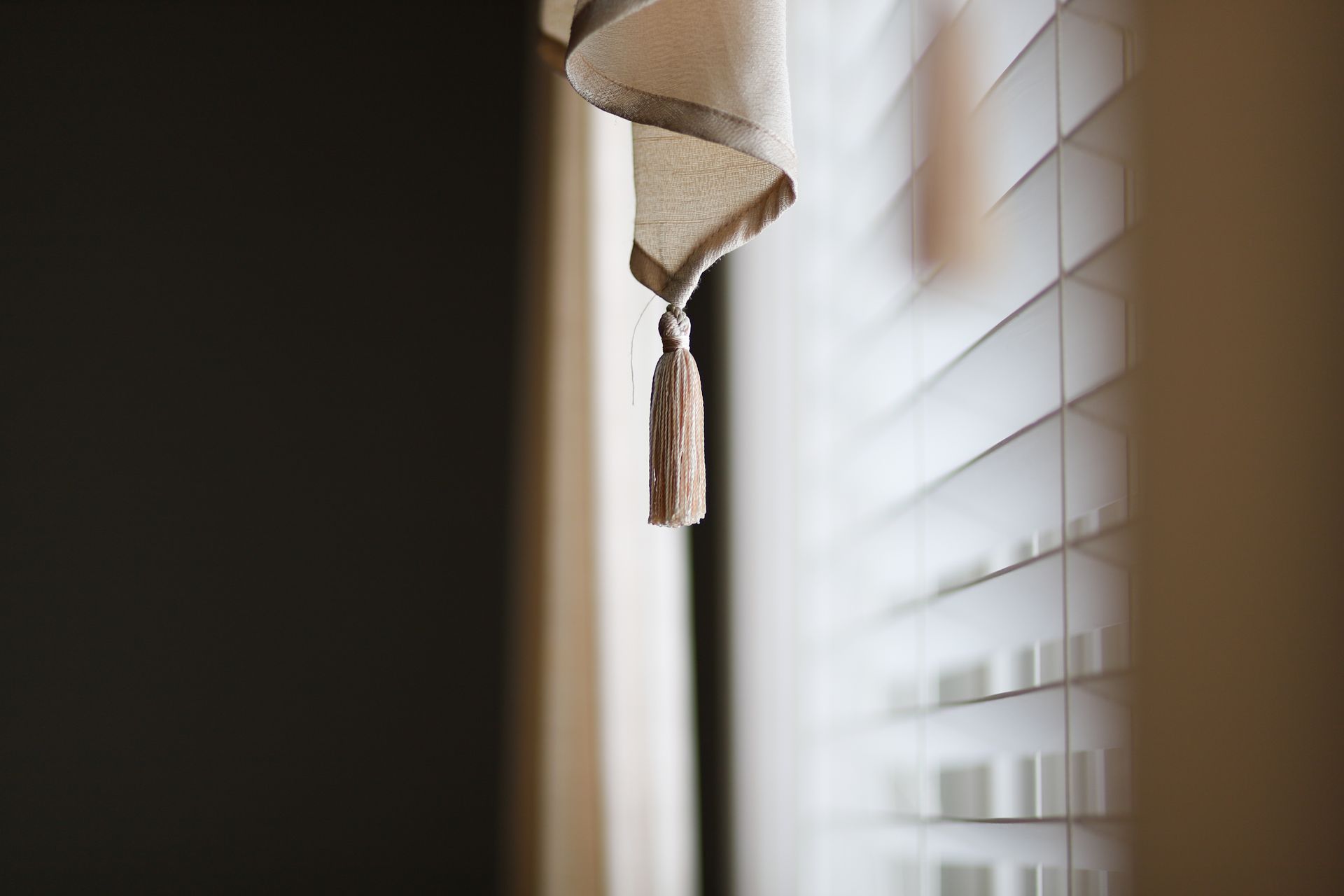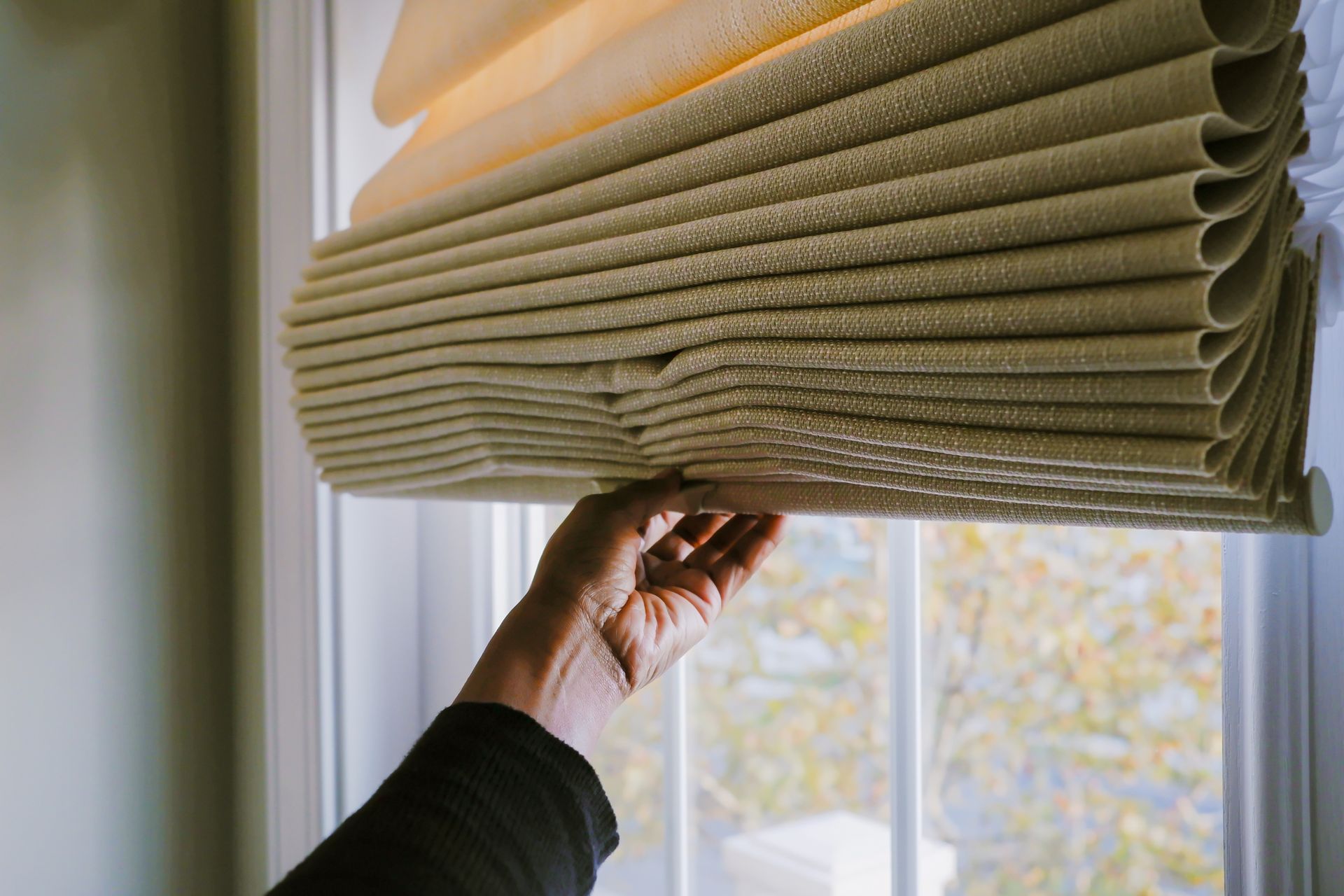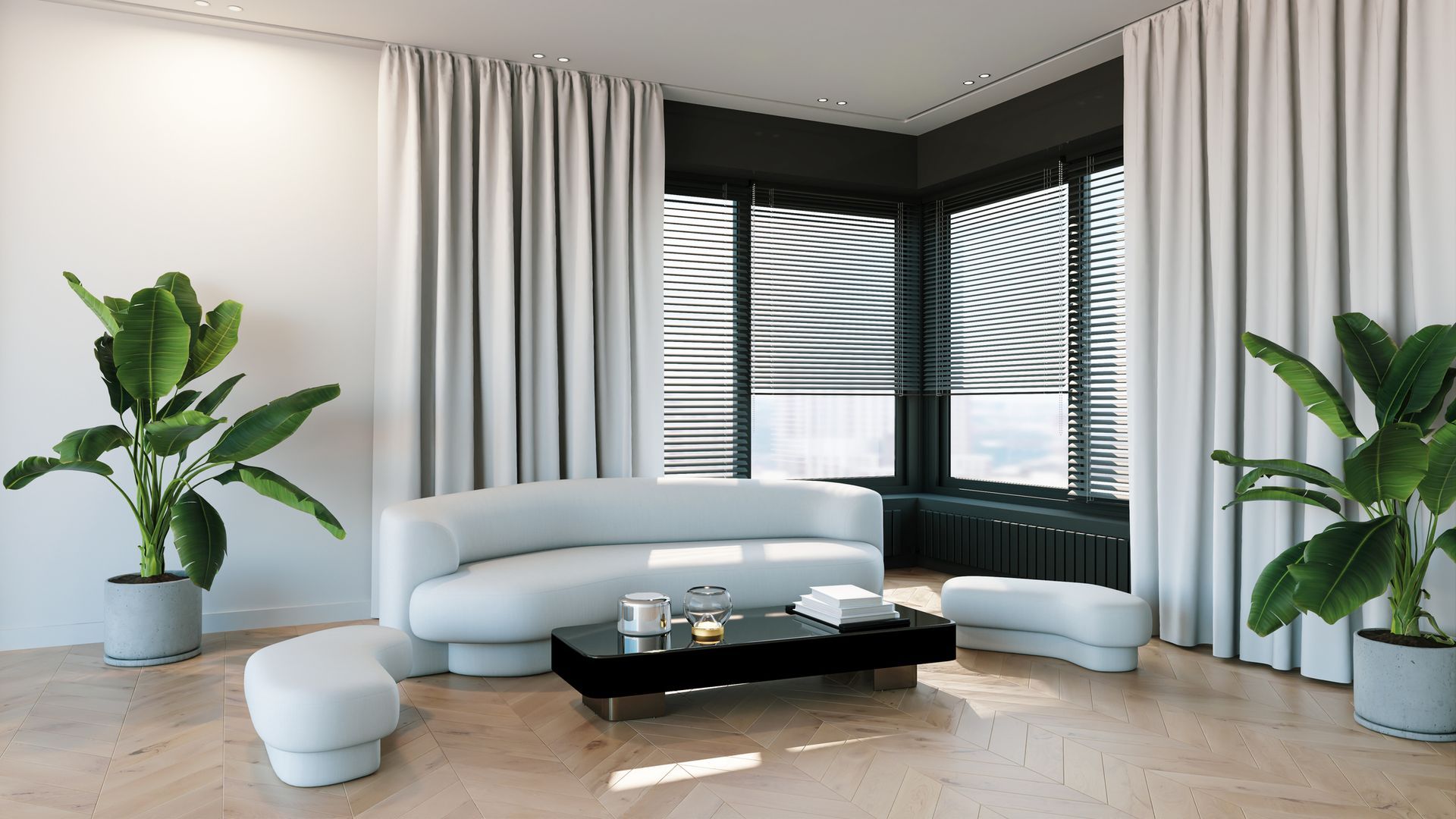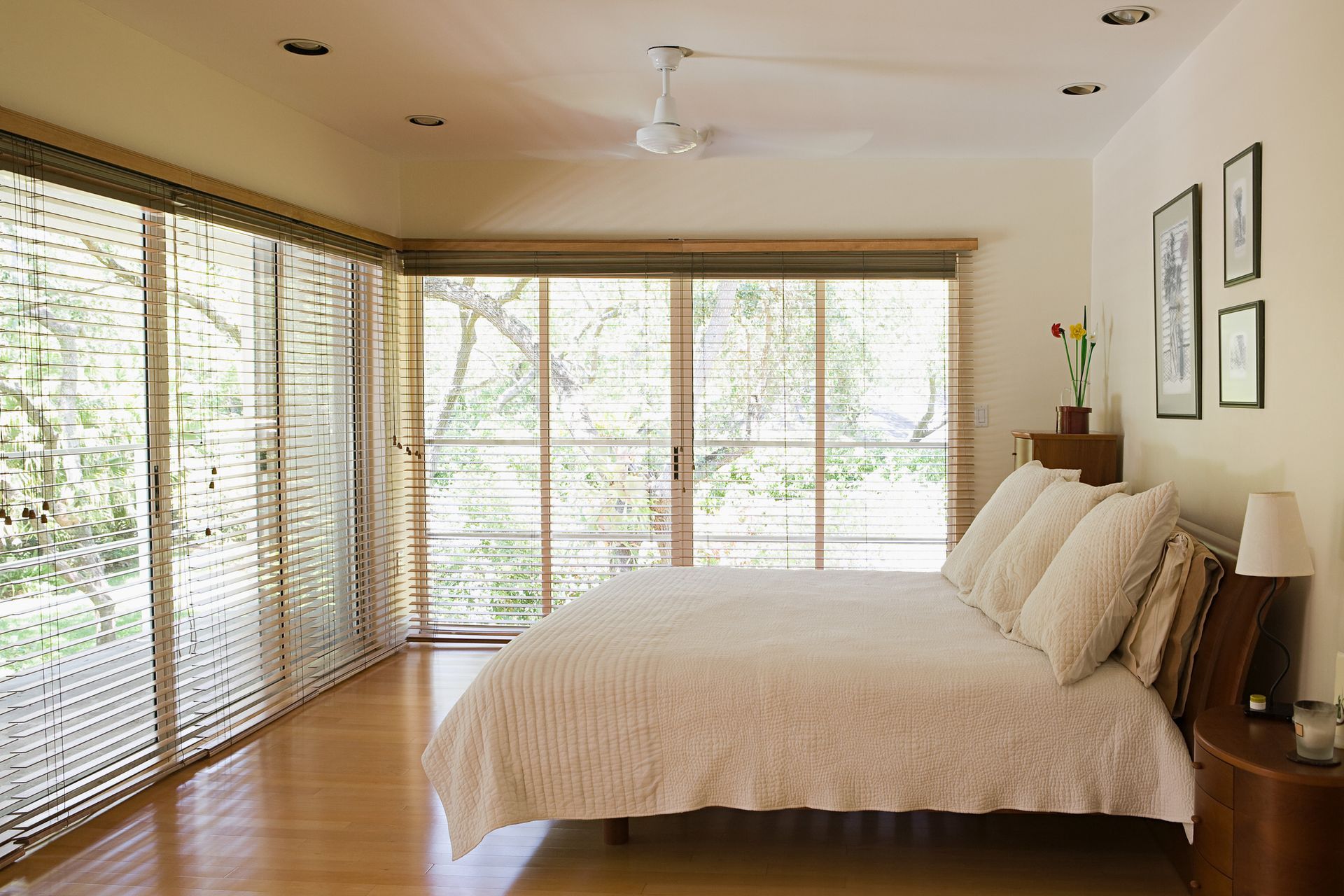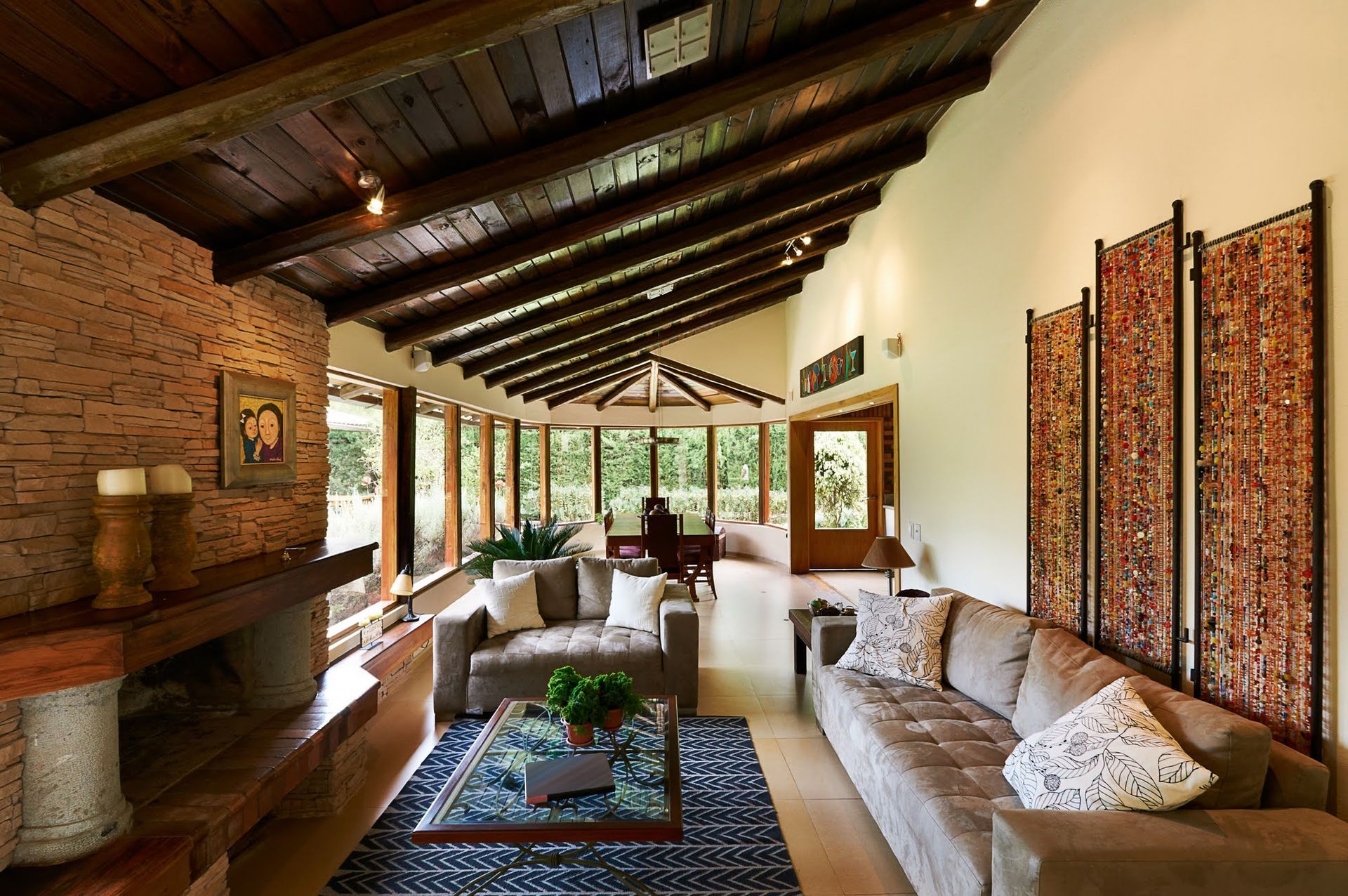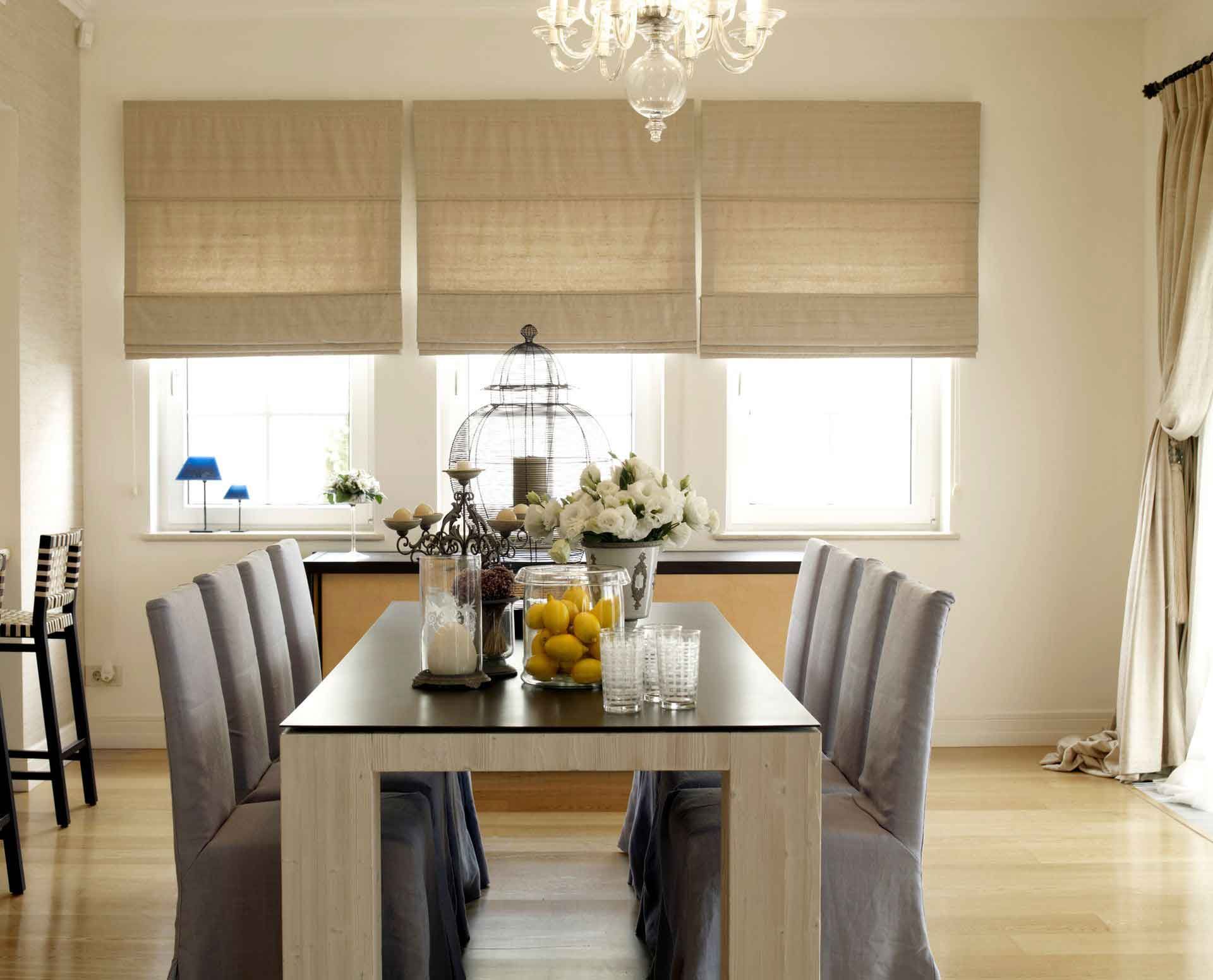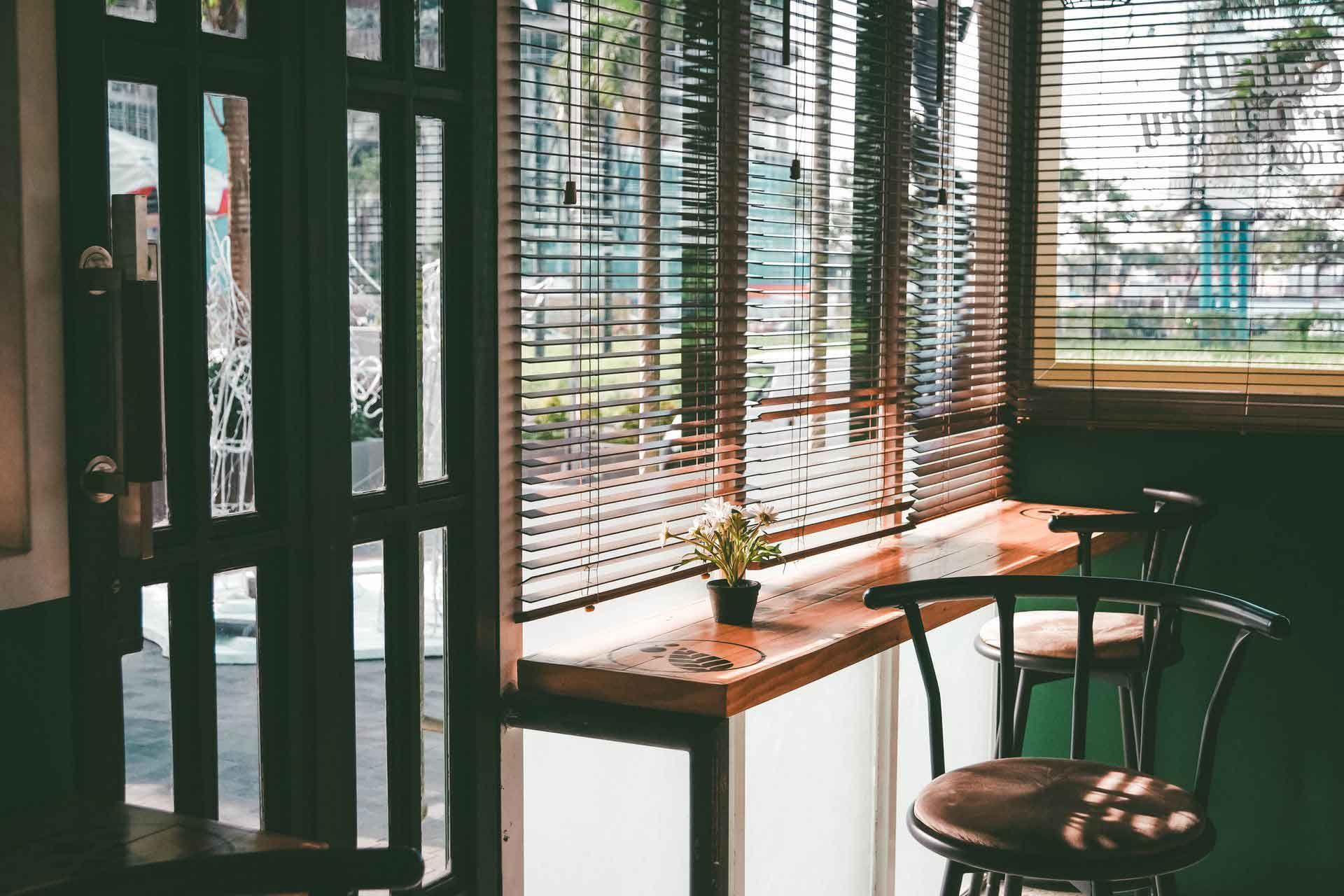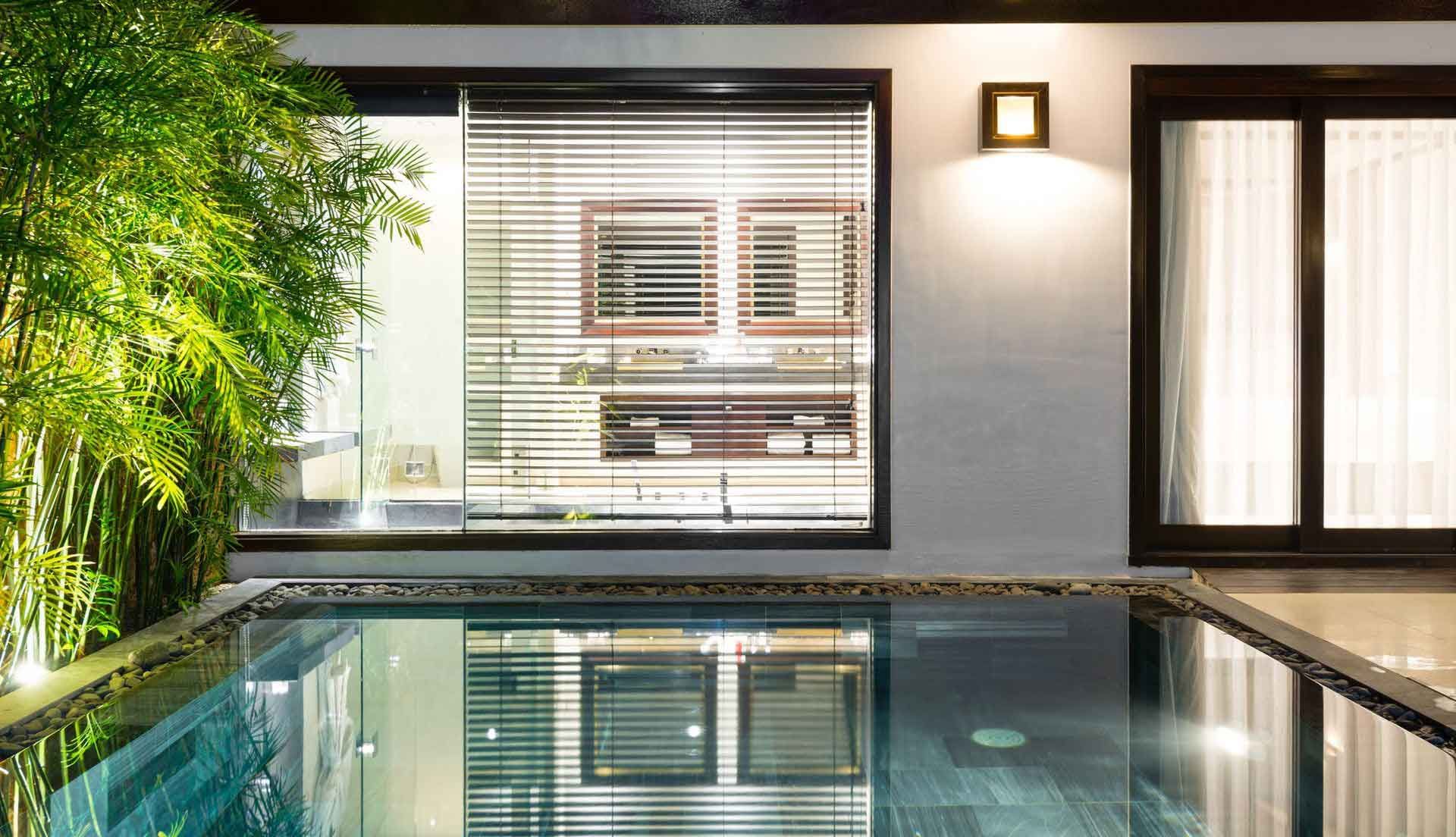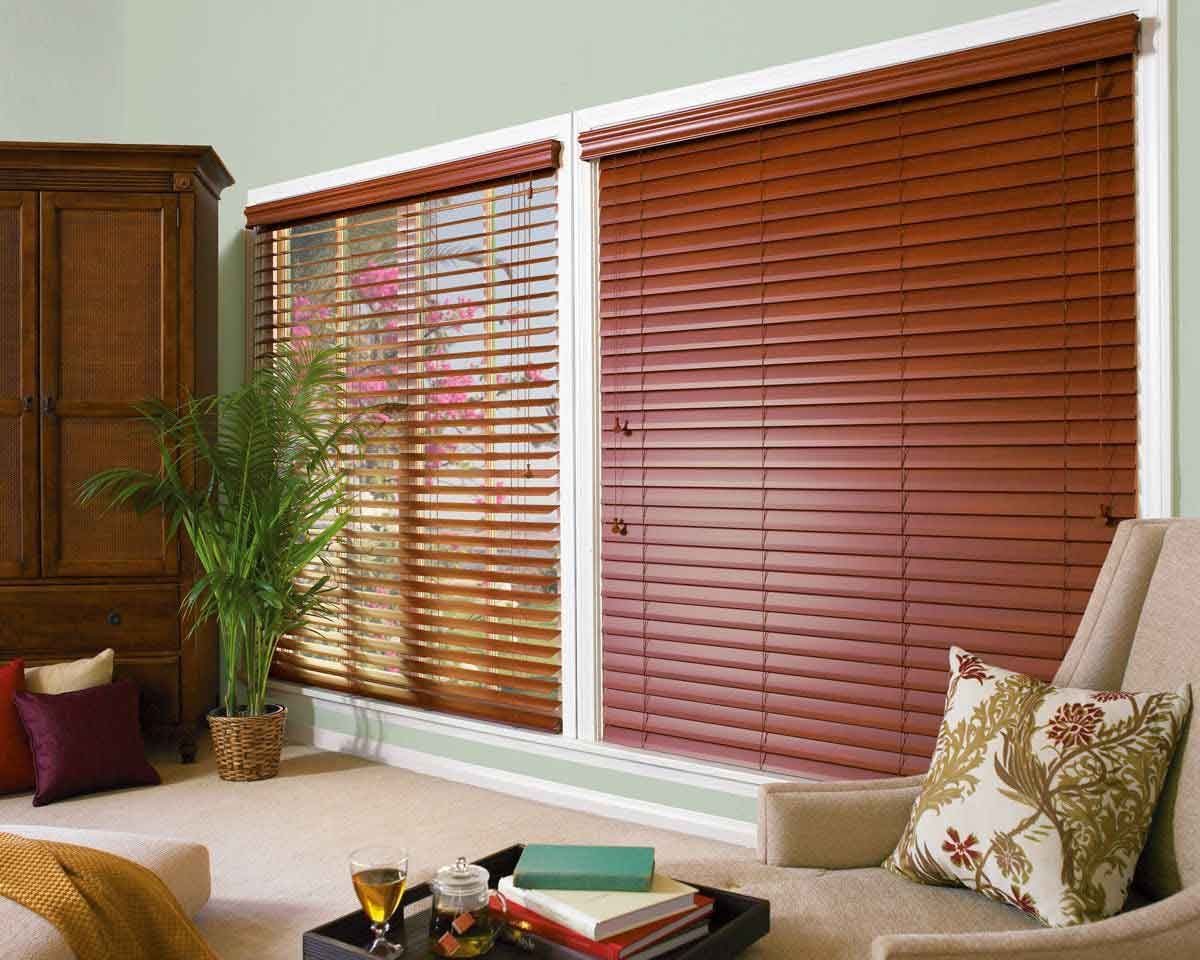Window Coverings for Optimal Energy Efficiency
Most homeowners love having spacious windows that let in lots of natural light and provide beautiful views of the surrounding neighborhood. Unfortunately, windows are also a common place for heat loss and heat gain, which causes you to use more energy to heat and cool your home. Luckily, you can find many types of window coverings that will help.
Windows are notorious for heat loss and gain because of the glass. Sunlight and heat can pass directly through, leaking inside your home. When the glass gets cold, it can also cause drafts inside the home. If your biggest goal is to stop energy loss, consider insulated drapes.
There are many types of insulated drapes, but most consist of four parts. The first is the decorative layer that you see inside your home. Next, these drapes have a layer of dense insulated foam, which acts as a barrier against heat and sound. A vapor barrier blocks moisture from condensation, and last, the reflective film bounces heat back inside the house.
Cellular shades have been around for a while, and like insulated drapes, they can help with insulation and noise reduction. Cellular shades, unlike traditional slatted shades, are one solid piece, so you can't adjust them like you can with slatted shades. However, also unlike traditional shades, they don't have any cords or strings, which often pose a safety risk for children and pets.
Cellular shades are different because they have small pockets or cells, giving them a honeycomb appearance. These cells help airflow, which helps prevent energy loss and gain. Some cellular shades have more layers of cells, while others have different shapes of cells. Both of these factors can affect how well the shade works.
Roman shades offer insulation with great style because they are unique and come in many styles and fabrics. Like a mixture of blinds and curtains, you get the benefits of a shade with the style and beauty of a curtain. As with the previously mentioned coverings, of course, Roman shades need to be fully closed to really work, which can impact your view and natural sunlight inside the home.
When choosing your Roman shades, consider the different styles to determine which would best suit your home. One common style is the hobbled fold, which has loops of fabric for decoration. On the other hand, if you want a patterned fabric, a flat fold is likely the better choice.
Solar shades are the right choice if you want to boost energy efficiency without impacting the view through the window. Unlike the other options, solar shades are actually see-through. Like tinted glass, they do make your windows look dark, but you can still see outside. As an added bonus, once it starts to get dark outside, these shades will block the view from the outside of your house so that people can't see what you're doing.
However, solar shades are one of the least effective options for energy-efficiency because they don’t offer many insulating properties. Instead, the shade simply filters out some of the light, particularly UV light, which can cause harm and damage to fabrics and materials. You can choose from many different types of solar shades. Some can completely black out any light, while others only filter a little, giving you the freedom to choose the ideal shade for you.
If your energy bills keep rising and you've tried everything, consider your window coverings. Energy can easily sneak right out your windows unless you insulate them. Blocking sunlight from entering the home will also help keep your home naturally cooler in the summer. For more information about window coverings like drapes and blinds, contact us at Sylvan's and Phillip's Drapes and Blinds today.
